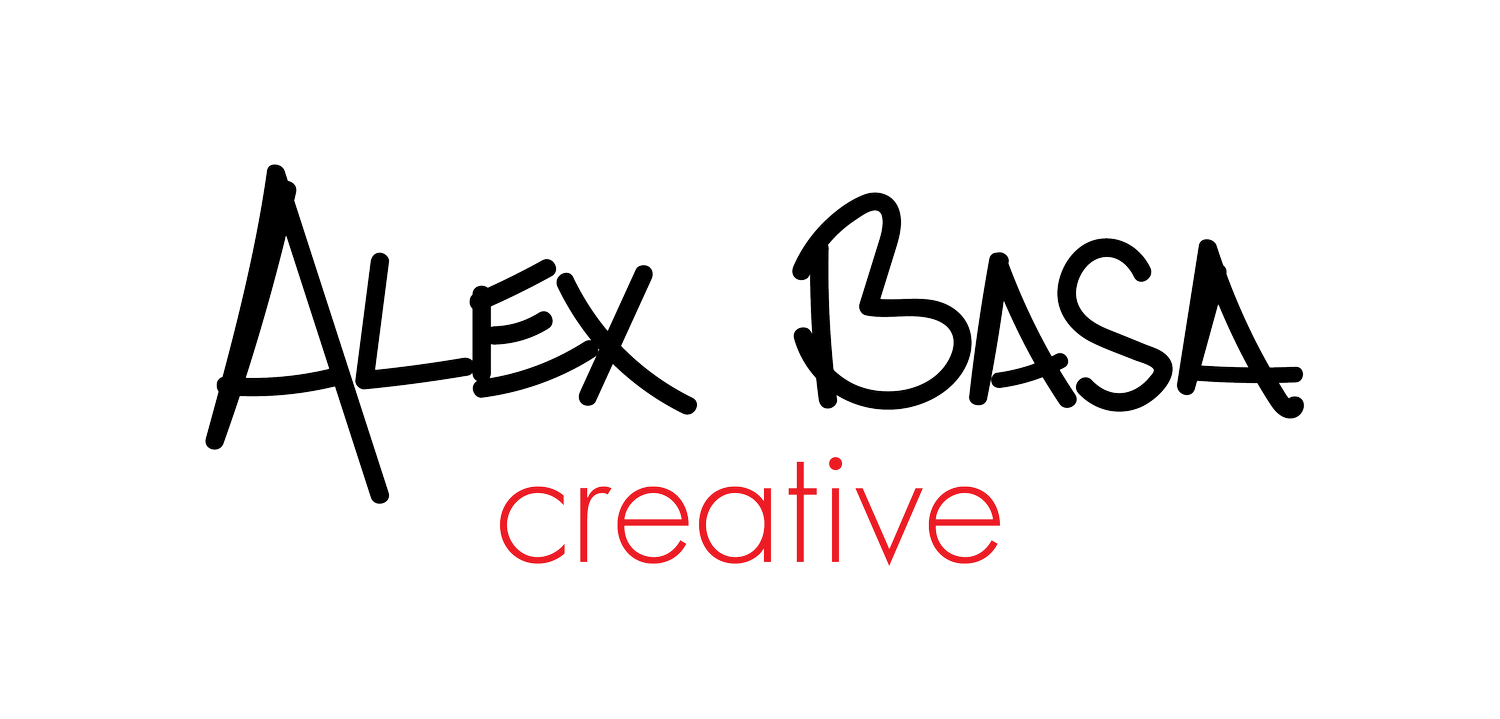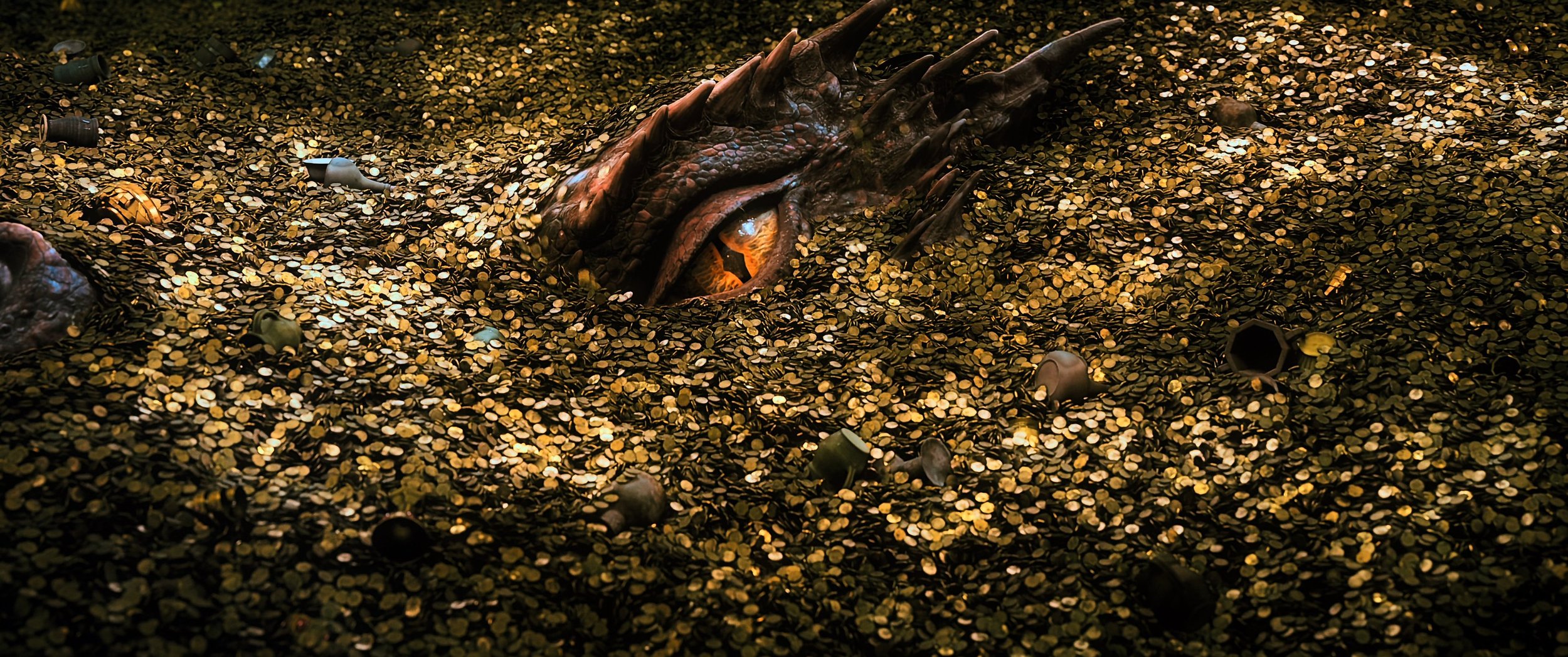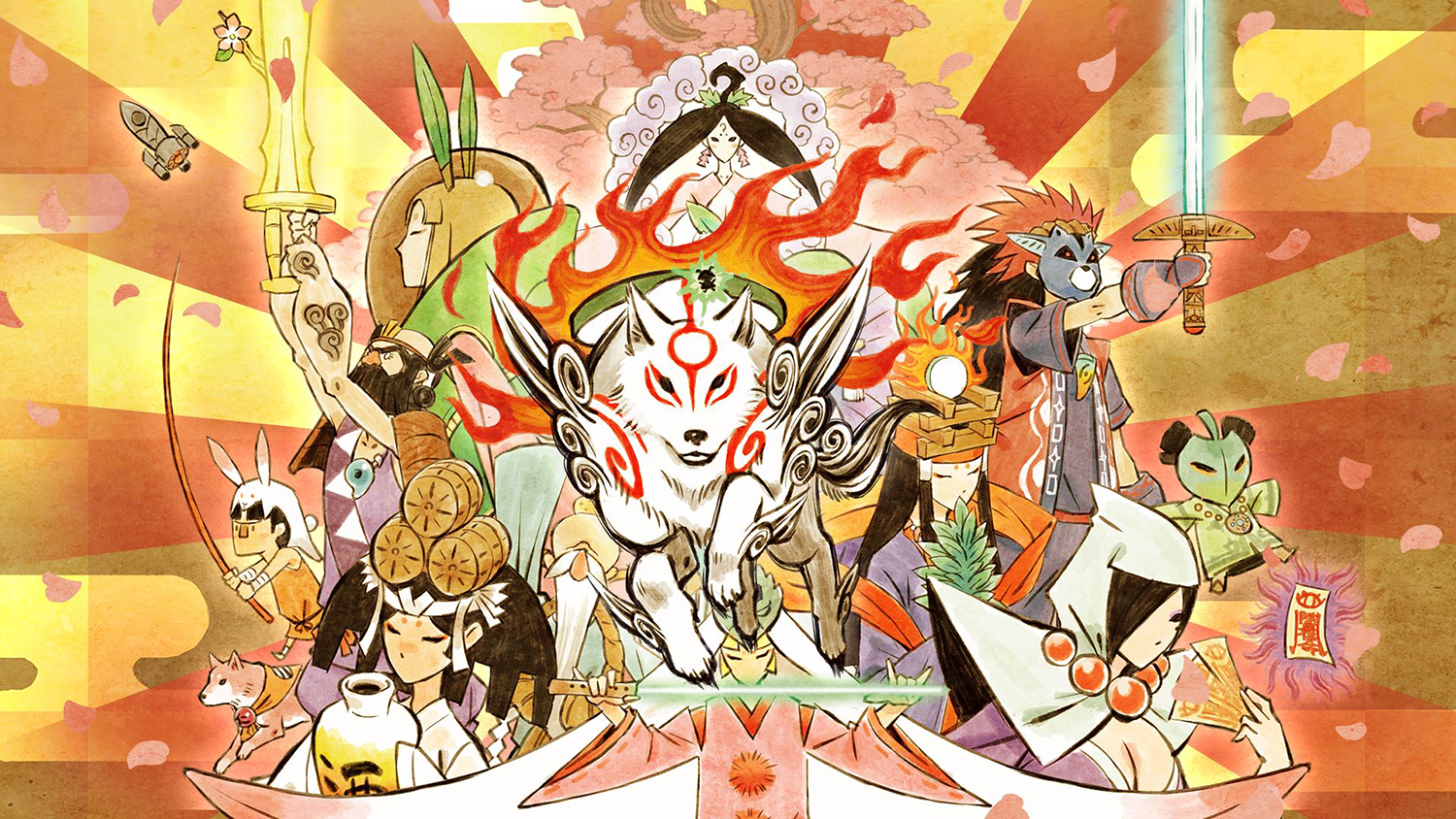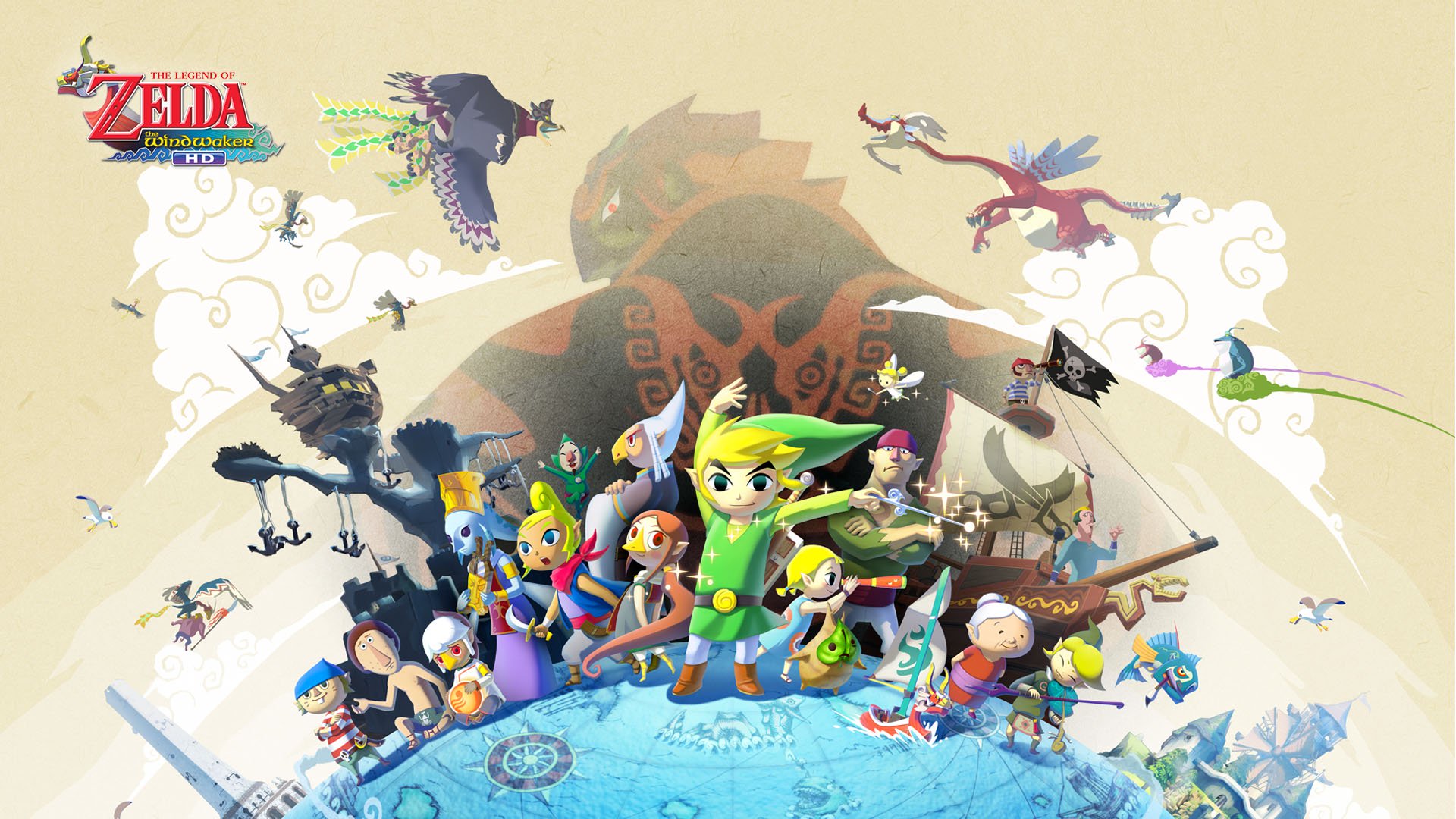I want to preface this blog post by saying that I’ve never been truly destitute. I have also never been truly rich. But I am currently approaching the “middle of the road,” and as someone breaking into the middle class from the lower-middle class (by the way, I think the “middle class” is a misnomer—I’m WAAAAAAAAY closer to $0 than I am to $1,000,000,000), I can confidently say one thing:
Fuck rich people.
And by rich people, I mean people who don’t know the price of common grocery items or people who cosplay as service industry workers. Pro tip, rich people: that shit is not cute and endearing—that shit is out of touch and infuriating.
Let me tell you why…
What it’s like being poor
Full disclosure, I also don’t have a whole hell of a lot of experience being poor as an adult. I’ve definitely spent most of my adult life living within my means, or in just ever so slight excess; I’m no stranger to the #treatyoself life. But when I was a child, I definitely remember my immediate family coming into financial hardship so badly that we had to move cities away and in with family that could keep us sheltered. By that measure, I can tell you that I remember what it means to be poor. Here’s a really short list of what being poor looks like:
Putting in specific, limited volumes of gasoline into your car because you don’t have the budget for gas
Selling or pawning treasured belongings because you can’t make rent this month
Keeping track of the dollar amount in your grocery store cart because you can’t afford to buy too much
Knowing what SNAP is
Keeping diligent track of which lights or appliances are on in your living place because your electric bill can bankrupt you
Having your electricity turned off
Needing a second job
Not going to the doctor or dentist because you can’t realistically afford it
Having to leave a grocery cart at the register because all of your cards were declined
Even shittier, being poor is expensive, because the penalty for not having enough money is often a fee. Being poor is often associated with escapism via substance abuse, because what else is there? There are so many barriers to escaping poverty and general poorness that people seldom do it. If you’ve never had the displeasure of experiencing any of the above bullets, count yourself lucky. But a lot of people reading this will have, and they’ll know how fucking miserable it is.
You only have bootstraps if you can afford boots
There’s a mythical anecdote about people who’ve “pulled themselves up by their bootstraps” and gotten themselves out of poverty and into the more luxurious parts of our society. While these unicorns aren’t completely fictional, they are a statistical anomaly. More commonly, the cycle of poverty is one of relapse and remission, and the longer one stays in poverty, the more likely one is to stay in it (Transitions into & out of Poverty in the United States, Ann Stevens, UC Davis). Ironically, being poor is extremely expensive.
“The reason that the rich were so rich, Vimes reasoned, was because they managed to spend less money.
Take boots, for example. He earned thirty-eight dollars a month plus allowances. A really good pair of leather boots cost fifty dollars. But an affordable pair of boots, which were sort of OK for a season or two and then leaked like hell when the cardboard gave out, cost about ten dollars. Those were the kind of boots Vimes always bought, and wore until the soles were so thin that he could tell where he was in Ankh-Morpork on a foggy night by the feel of the cobbles.
But the thing was that good boots lasted for years and years. A man who could afford fifty dollars had a pair of boots that'd still be keeping his feet dry in ten years' time, while the poor man who could only afford cheap boots would have spent a hundred dollars on boots in the same time and would still have wet feet.
This was the Captain Samuel Vimes 'Boots' theory of socioeconomic unfairness.”
—Terry Pratchett, Men at Arms: The Play
When you’re poor, you buy obstacles that keep you poor. You buy subpar products, or subpar nutrition, or subpar services. These subpar purchases don’t have the longevity that “premium” products or services have, and consequently, you end up paying more frequently to compensate. When it comes to the relationship of money and problems, less means more.
Money can’t buy you happiness…but it can buy you everything else
When I graduated college in 2017, I was lucky enough to have landed a paid internship, and skilled enough that they kept me on staff after that internship ended. For someone who graduated from art school, this was the golden goose dream. I had previously been working as a morning stocker at a big box retailer, and the pay increase at the time was significant. However, by San Francisco standards, it was still considered a very low-income position. I was fortunate enough to still be living rent-free with my mother at the time, so it was mostly a liquid income as I started to come into emergent adulthood. Over the next few years, jobs, and apartments, I would teeter around that salary, typically staying within $10,000/year of it. It wasn’t until 2021 when I would finally see another significant salary increase of 25%. I kept that salary for around half a year until I jumped agencies for another 33% salary raise. Very quickly, from mid-2021 to early-2022, I was making +60% more than I’d been making for the past 4 years prior.
Let me tell you something: every time I got a raise, the walls felt a little less close—figuratively and literally. In that time, I’d moved out of my mom’s place, into a small apartment with a roommate, into a much bigger apartment with two roommates, and currently, into a reasonably sized apartment with my romantic partner. Net-net, I’ve consistently gained more personal space in wealthier areas with more a more forgiving margin of income. I seldom think about how much groceries are going to cost me anymore. I fill my gas to the brim without thinking about it. I don’t feel guilty making purchases to fuel my hobbies and interests. I am planted firmly in the middle class earning range, according to Bay Area statistics.
But friends, let me tell you this: that +60% salary increase I saw over the last year or so? It really wasn’t that much in the grand scheme of American economics. I find myself extremely comfortable and could probably find myself contented with this salary for the foreseeable future, yet my whole current salary is equal to ~0.0001282% of what Jeff Bezos made in 2020. In relative terms of my salary, that’s about $0.13.
If you could take $0.13 away from me and completely lift someone out of poverty and into the middle class of San Francisco for a year, I would be more than happy to give that to you. Hell, if you wanted to do that for 1,000 people and it only cost me $130, I’d say that I’ve bought shoes more expensive. 10,000, and it costs me $1,300? That’s a shitload of money, but I’d still probably do it because the wellbeing of 10,000 people is well worth 1.3% of my yearly salary. You know what 1.3% of Elon Musk’s revenue from 2019–2020 was? $1,643,200,000.
Let me reiterate: me spending $1,300 is equivalent to Elon Musk spending $1.6 BILLION dollars.
And therein lies why I’m so pissed off with rich people (read: billionaires)…
Only dragons sit on hoards of gold
How is it possible that the richest people in America sit on this vast pile of wealth when they could cumulatively eliminate food insecurity, shelter insecurity, and all types of basic needs for this country’s citizenry? Stet that, the whole world. The comparatively meager salary increase that changed my entire life could be spread around to the nation’s population with headroom to spare. That’s what I mean by “the more money I make, the more pissed off I am at rich people.” Because I don’t even make that much in the grand scheme of it all. Regular people shouldn’t be fighting each other over the crumbs we’re left off the tables of the ultra-rich. If we’re left wanting, we should be pissed off at them.
Let me put this in a way that’s easier to digest:
If I paid you $1,000,000 a year for 1,000 years
You didn’t spend a single dollar
You would have ONE billion dollars after ONE THOUSAND YEARS
There are people in the world who have hundreds of billions of dollars. What the fuck can you possibly do with that kind of money.
Skip to 2:52 to see the visualization. Most people reading this will make between 0.5–2 grains of rice per year.
How did we get here?
Why do we have money in the first place? Well, it can be traced back to when humans were a tribal species. We evolved to be social creatures, because belonging to a pack in prehistoric times meant you were more likely to contribute to the wellbeing of the pack and survive. It follows, then, that when a tribe would meet another tribe, those two tribes could interact to the benefit of the both (if they didn’t just try to destroy each other and take everything first). This is how bartering came about. “I’ll trade you some meat from my tribe for some clean water from yours.” For tribal species, bartering makes a lot of sense. You never know what other tribes you may come across, so a singular system of representing value doesn’t make much sense. Trade is more of a case-by-case scenario.
However, as we began to settle as a species, and tribes became villages, which became towns, which became full blown societies, the bartering system became less convenient for our non-nomadic ancestors. Eventually, we started representing the value of goods with token items (these could be anything from shiny shells to metal coins). Within a society, a token could represent a food ration you could redeem from the governing authority, for example. This was better for static societies because townsfolk wouldn’t have to try and store food that could rot. They could instead store a representation of the food, which doesn’t have a shelf life. This principle of token items standing as representations of goods could be arbitrary, and trades across societies were definitely disputable. The solution? Societies had to create a standard representation for each token. That way, a governing authority could say “one token is equal to one bread,” or whatever. This is how we got to the gold standard.
In modern society, the value of money became directly linked to the quantity of gold a society had. You have one dollar? It’s worth one unit of gold. You can use this dollar to buy things that are compared to the value of gold at the time, or you can exchange it for the gold itself—which may or may not increase in value over time.
But as we enter a global economy, the representation of a country’s currency becomes more difficult to precisely measure. It’s now measured by a nation’s gross national product, which is to say the total value of all the goods and services that a nation creates and provides to the world. How do we standardize that, you ask?
GOOD. MOTHERFUCKING. QUESTION. The shit has grown overly complicated and damn near arbitrary all over again. What does a dollar represent anymore? Nothing, really. It doesn’t really redeem for a piece of gold, anymore, and gold is sort of a meaningless standard to measure by, now. So money is basically just a bunch of arbitrary numbers decided by the people who have the most of it. It’s dumb and pointless. Money used to represent wealth and scarcity, and was useful when comparing between tribes, but the fact of the matter is, we are a global tribe, now. Money is just holding us back as a species.
Think about it this way: a member of a tribe takes what it needs from the tribe when they need it, and contributes to the tribe when they’re asked to. It’s that simple, but now make it a global scale.
…Okay, I know it’s not that simple, but you get what I mean. We’re probably too far down the gullet of capitalism to just reverse course. Nothing short of a global revolution or species extinction event will get us there. But a man can dream and be pissed off about it until then, can’t he?
Conclusion:
The world’s wealth gap has long since been outrageous, but it is especially outrageous today, when the cumulation of the world’s billionaires could collectively solve for all the world’s basic wants and needs, and then some. Full transparency, I think the system of transactional relationships is a horrifically outdated modality. We have enough global resources to simply take care of the world. Why are we still using this archaic system to represent wealth in the digital age? Perhaps my favorite expression of this, ever, comes from a scene in Star Trek: First Contact…





















